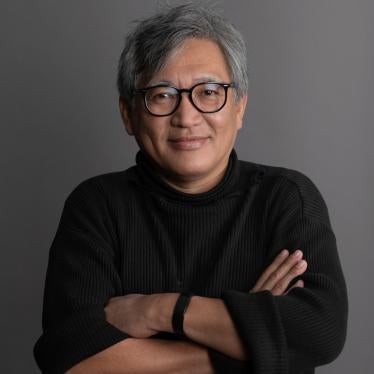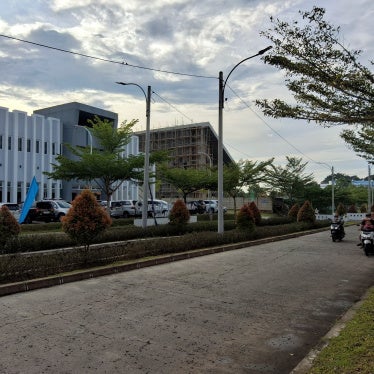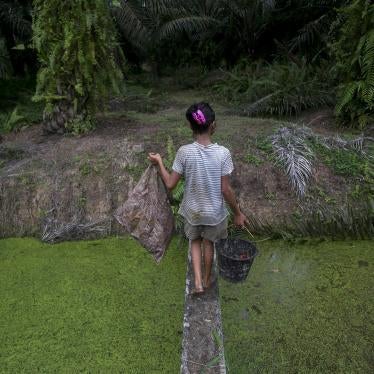On Friday, members of Indonesia’s National Police – widely considered one of the country’s most corrupt government institutions – arrested Bambang Widjojanto, deputy chairman of the official Corruption Eradication Commission, or KPK. (For the record, Widjojanto was an intern with Human Rights Watch in the 1980s.)
That arrest was remarkable not just because the National Police have been a long-time target of the KPK’s anti-corruption efforts. The timing also smacked of political revenge, as the arrest occurred just nine days after the KPK declared Commissionaire Gen. Budi Gunawan -- President Joko Widodo’s sole candidate for National Police chief – to be a graft suspect.
The National Police insist that Widjojanto’s arrest was strictly due to an anonymous tip the police received alleging illegal activities by Widjojanto when he worked as a lawyer for a local election candidate. He was arrested for allegedly “instructing witnesses to commit perjury at the Constitutional Court in 2010.”
Many Indonesians aren’t buying that explanation. On the day of Widjojanto’s arrest, hundreds of people joined a rally outside the KPK headquarters in Jakarta calling for his release, while the hashtags #ShameOnYouJokowi and #SaveKPK trended on Indonesian social media. Allegations about Gunawan’s allegedly corrupt behavior took few by surprise – a cover story by Indonesia’s leading news magazine Tempo in 2010 raised questions about his “fat bank accounts.” But President Widodo has dug in and insisted on only delaying Gunawan’s appointment pending the KPK probe results.
Widjojanto’s arrest and the president’s support for Gunawan cast serious doubt on the president’s commitment to a policy platform that explicitly rejected the traditional Indonesian model of corruption and patronage politics. Corruption bleeds the Indonesian economy of billions of dollars every year, depriving the government of desperately needed funds to provide for the basic rights of the population, whether the right to education or to health. In 2014 Indonesia ranked 107th out of 175 countries in Transparency International’s 2014 Corruption Perceptions Index.
Addressing that theft will require Widodo to strengthen the KPK – one of Indonesia’s most-trusted government agencies – and protect it from possible politically motivated reprisals. Widodo should also appoint a National Police chief committed to addressing its reputation of “untouchability” on issues ranging from corruption and extrajudicial killings to its use of abusive “virginity tests” on female police recruits. These issues are well-documented. Indonesians await a demonstration of Widodo’s political will to actually tackle them.








